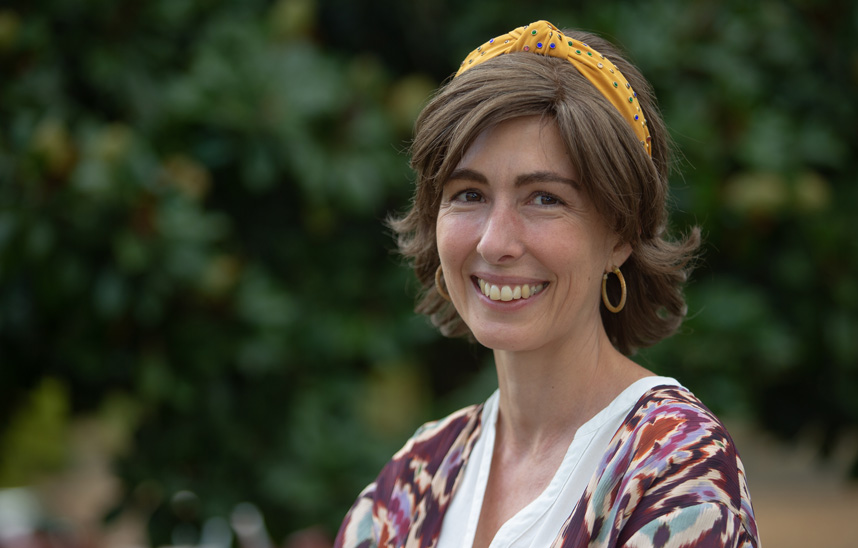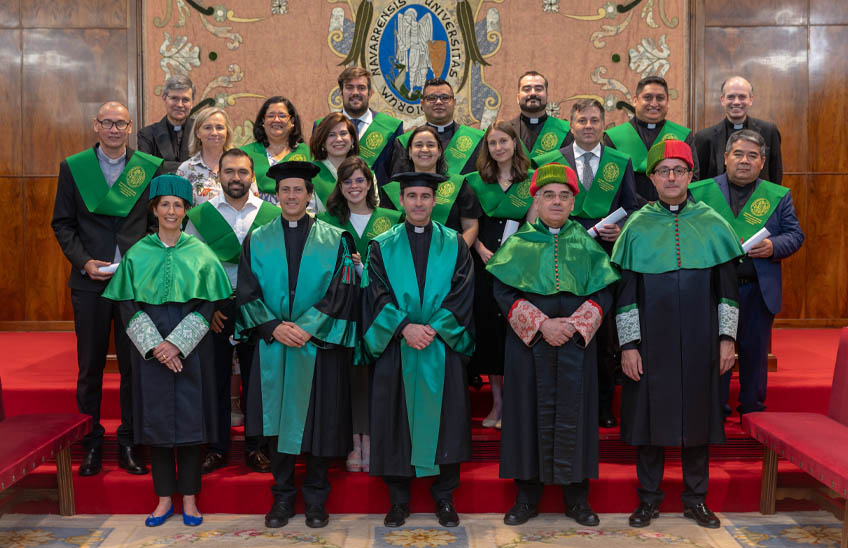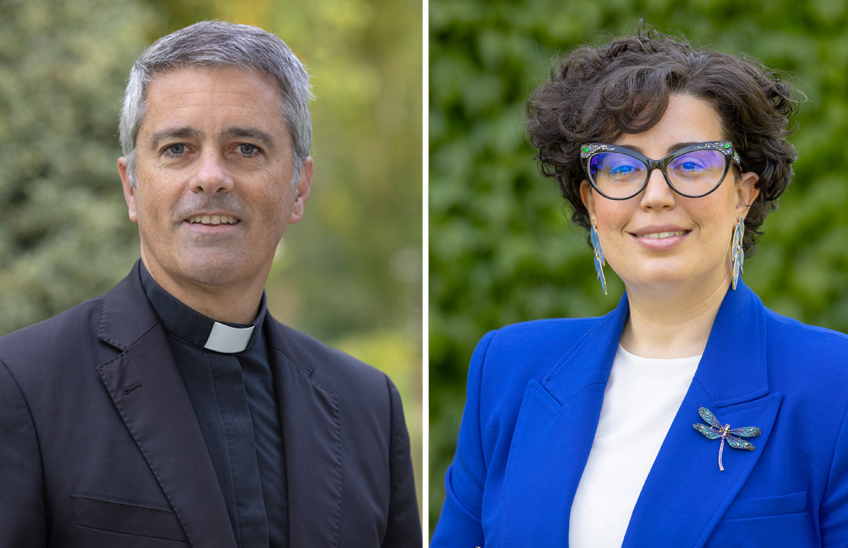"In many clergy and laity there remains the idea that the sacrament of Holy Orders places the recipient in a privileged status."
The professor of the School of Canon Law of the University of Navarra, María García-Nieto, publishes 'La presencia de la mujer en el gobierno de la Iglesia. A legal perspective'.

FotoManuelCastells/María García-Nieto, researcher and author of the book 'La presencia de la mujer en el gobierno de la Iglesia. Perspectiva jurídica' (The presence of women in the government of the Church. Legal perspective)
"In many clergy and laity there remains the idea that the sacrament of Holy Orders gives a privileged status to those who receive it". So says María García-Nieto Barón, professor of the School of Canon Law of the University and author of the book La presencia de la mujer en el gobierno de la Iglesia. Perspectiva jurídicarecently published by publishing house EUNSA.
For García-Nieto the issue goes back a long way, "it is historical" and she assures that the underlying problem is to forget that to govern is to serve: "Pope Francis has had very harsh words against this reality, it is what is called 'clericalism'". The author stresses that the theoretical question is also complex because it is still necessary to clarify to what extent ecclesiastical power requires the sacrament of Orders. This requires a detailed study, which is also synthesized in the book.
From his thesis it is clear that "a good government needs women", something that Pope Francis himself explained at the meeting with the religious in Rome in May 2015: "When men and women work together, pooling their qualities and different visions of life, the results when making decisions are better and more in line with reality".
According to him, this is reaffirmed in the magisterium, which presents men and women as complementary and, at the same time, necessary to build society and the Church. "The core topic is in complementarity. It is not a question of stereotypes that reduce what it means to be male or female, it is deeper. I really like what Pope Francis said, after an intervention by Linda Ghisoni at the meeting for the protection of minors that took place at the Vatican in 2019, he affirmed that 'to invite a woman to speak is to invite the Church to speak about herself', so it was important a greater integration of women."
"Clericalism forgets that all the baptized are, in the same way, Church."
María García-Nieto considers that changing this thinking is core topic for many reasons, but above all because "clericalism forgets that all the baptized are, in the same way, Church. The burden of carrying out the mission statementfalls on everyone". Likewise, he clarifies that this does not consist in occupying positions of responsibility or government, to see it this way would lead us to think that in the Church some are more important than others, however, there are no faithful of greater or lesser category. "The Pope likes to sum it up by saying that none of us was baptized bishop, we have all been baptized laity", he points out.
The latest statistics provided by the Vatican on the Pontifical yearbook show that the percentage of women in the Vatican has increased, in ten years, almost from 19.2% to 23.4%. "The truth is that not all of these positions are about positions of responsibility," she says.
The expert on Canon Law is sample optimistic. She assures us that, although no woman yet occupies the "issue one in a dicastery", we may soon see it: "The new regulation of the Roman Curia, the Praedicate Evangelium, explicitly allows a layperson to preside over a dicastery or organism. And in a recent interview, the Pope stated that he already has in mind a lay woman to preside over a dicastery."


